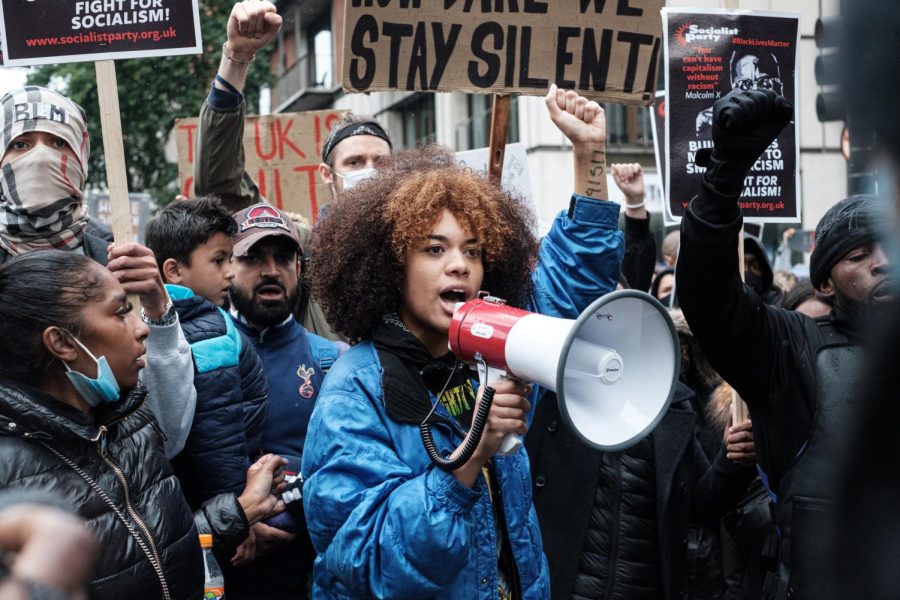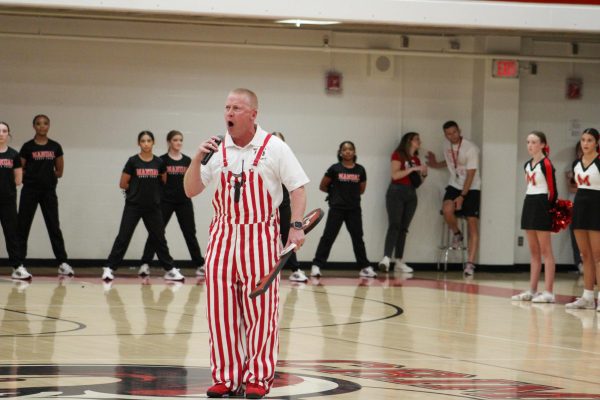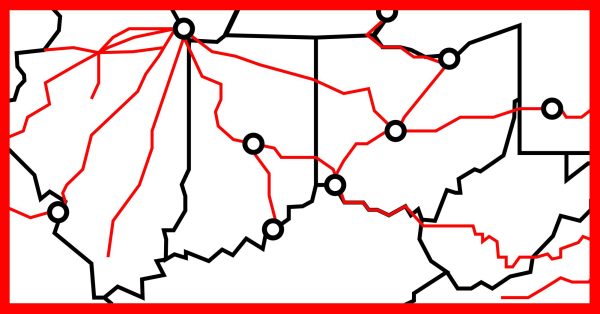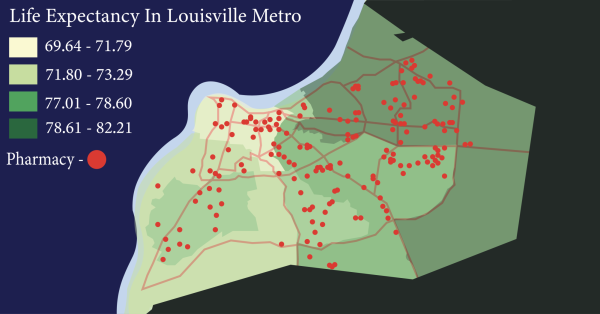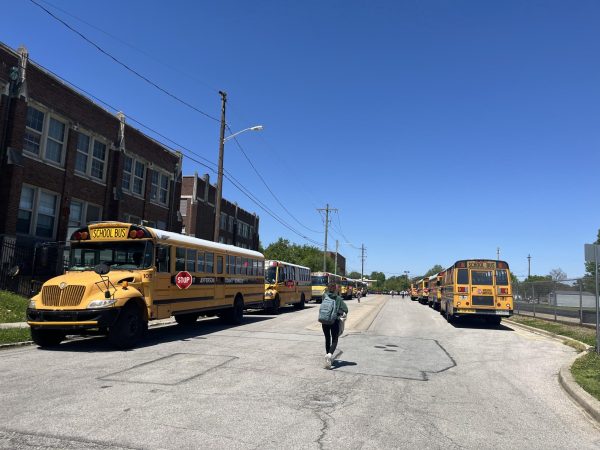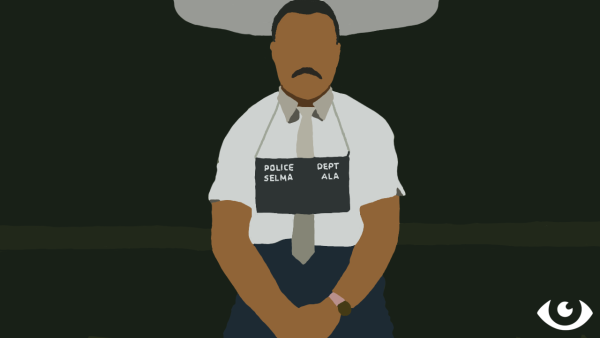OPINION: The double standard of the “ideal protest” hinders progress
October 19, 2022
Protests are disruptive by nature. Disruptive protests should be protected under the first amendment and not prosecuted. In Louisville, County Attorney Mike O’Connell will continue to prosecute 200 Black Lives Matter protesters for crimes such as “threats of violence, property damage and road blocking,” according to the Courier Journal.
This highlights a double standard regarding the Black Lives Matter (BLM) protests when compared with revered protests that used similar protest methods. The Boston Tea Party, one of the most famous protests in U.S. history, caused property damage; yet, it is still praised while the BLM protests were ridiculed.
Many aspects of the Boston Tea Party mimic those of the BLM protests in 2020. The Boston Massacre, where unarmed people were killed by authority, raised tensions between the colonies and Britain. The British’s continuous ignorance of the colonists’ requests further raised tensions until it eventually exploded into the Boston Tea Party. The protest was met with criticism, with George Washington himself denouncing the protests and calling the perpetrators “mad”. There is a clear resemblance to BLM’s protests in response to police authority killing unarmed Black people. However, the Boston Tea Party is now renowned for its contribution to the American Revolution.
Another renowned protest is the Stonewall rebellion, or the Stonewall riots, which was a turning point in LGBTQ+ rights. It began when police attempted to raid Stonewall Inn, a gay bar, and arrested an unknown woman who shouted for bystanders to fight back. Michael Fader wrote in his book, Stonewall: The Riots that Sparked the Gay Revolution, “We all had a collective feeling like we’d had enough of this kind of [expletive]. […] We weren’t going to be walking meekly in the night and letting them shove us around—it’s like standing your ground for the first time […]”
The protesters threw bottles and stones at the police who were attempting to arrest them. Similar tactics like throwing objects at police were used in Louisville’s BLM protests.
The protest lasted for 6 days. Like the Boston Tea Party, Stonewall was controversial at the time, even in the LGBTQ+ community. Older generations believed the protest would set them back and prove the homophobes right. Yet, this disruptive protest was later praised for its boldness.
The civil rights movement had years of both peaceful and disruptive protests before the Civil Rights Act of 1964 was passed.
Most demonstrations occur because a community is being oppressed, typically by a government body and are sparked by an act of violence from an authority figure. From the Boston Massacre to the lynching of Black people to police brutality against the LGBTQ+ community, history has shown that people must respond back passionately in order to receive some justice for such brutal acts.
The Declaration of Independence acknowledges this, stating, “it is the Right of the People to alter or to abolish [a destructive Government], and to institute new Government, laying its foundation on such principles and organizing its powers in such form, as to them shall seem most likely to effect their Safety and Happiness.”
Protests are disruptive by nature. If protests were not disruptive, nothing would be done for the communities that are continuously harmed and ignored by authority.


